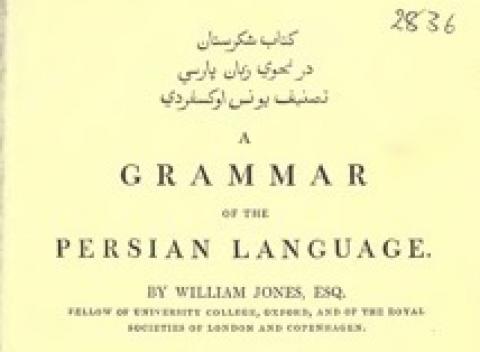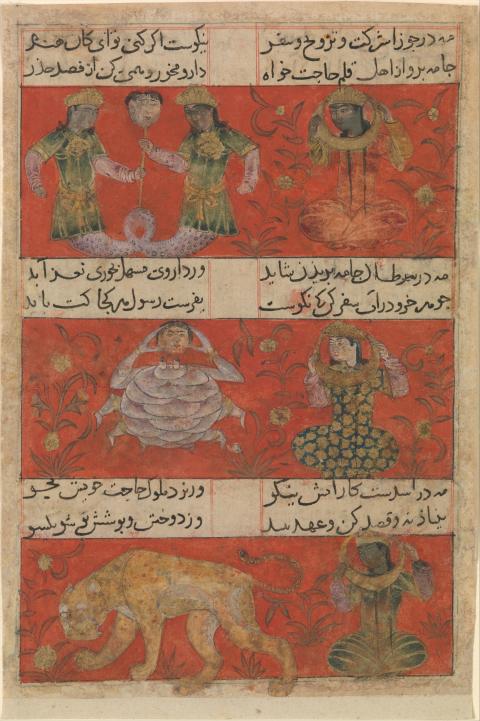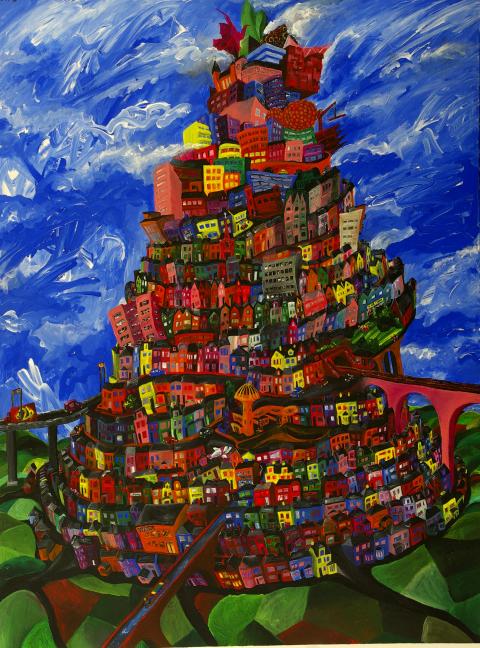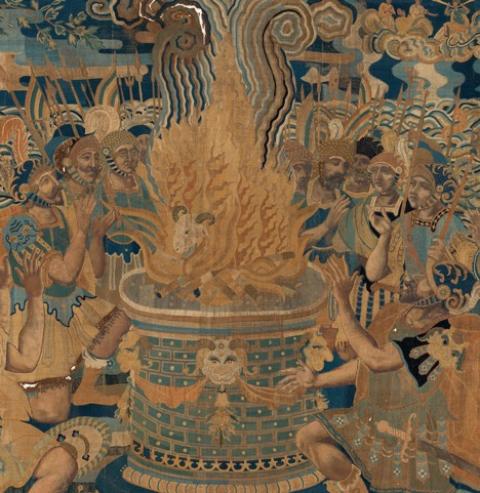SCS Blog Author Page
Posts by Gregory Crane

|
Blog: Approaching Classical Persian
The English academic term Classics has conventionally designated the study of Ancient Greek and Classical Latin. The department from which I received both of my academic degrees makes the point explicit: its official name is “the Department of the Classics.” The department focuses upon Greek and Latin and the addition of the definite article asserts that these are the only Classical languages.
I do not believe that a single current member of that department would express any disrespect for Classical Chinese, Classical Arabic, Classical Persian, or Classical Sanskrit—the department’s name is an artifact from a previous era (and I find it also troubling that no one from outside Greco-Roman studies has cared enough to object to Read more … |

|
Blog: Digital Reading in Leipzig and Tehran—A Research Agenda
Digital technology can support the emergence of a new kind of environment for reading, exploring, and thinking about classical texts—even those in unfamiliar languages. But realizing the ambitious goals for the new reading modalities, described in an earlier post, is a non-trivial task and requires research of various types. First, we need more, and more accurate, automated methods. We can create rich annotations for small texts or for heavily studied canonical literature, but digital collections now provide us with access to far more content than we ever worked with before. A US bachelor’s degree in Greek or Latin might require students to master, in some depth, a reading list of 150,000 words. The reading lists upon which PhD exams draw are closer to 1,000,000 words—and reading carefully text from Greek and Latin literature at this scale is a challenging task for Read more … |

|
Blog: Unfamiliar Languages
How do we support those who wish to push beyond what they can learn from the languages that they know? New developments in Digital Humanities offer some intriguing avenues for dealing with scholarly material in unfamiliar languages, even if present achievements only highlight more challenges. In the following visualization, David Mimno of Cornell and Thomas Koentges of Leipzig have identified recurring clusters of words in a collection of Greek Christian Church Fathers. The works of these men were produced over more than a thousand years and amount to more than 30 million words. I do not think many specialists in Christian Church history have read this entire corpus, and I do not believe that any human being has ever been able to read a collection this large critically—it is just too big. |

|
Blog: Kalkhas the Humanist
There are many definitions for the Digital Humanities—some wonder whether it is, in fact, a distinct field at all. My mind tends to operate at a pragmatic level and I have a very simple way of thinking about the question: in the Digital Humanities we think about what contributions we as humanists can make to a world where an increasing, if not a predominant, amount of human thought circulates through digital media: texts, sounds and images on our smartphones, video-conferencing and texting instead of simple voice communication, digital libraries of texts that support new forms of reading, new forms of representing human ideas and experience—everything is changing and nothing will be the same. And yet the big questions remain the same. [pullquote]The big question is not what we think about the Digital Humanities but what we think about the Humanities in a digital age.[/pullquote] Why do we study the Humanities at all? I actually think it would be more appropriate to speak of the “ Read more … |

